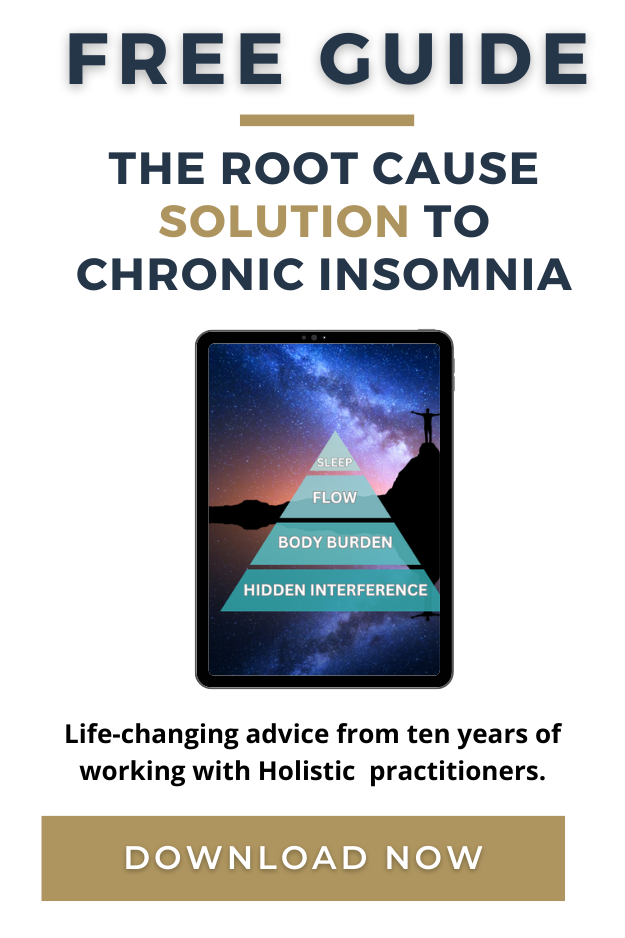One of the most annoying issues on my healing journey has been paradoxical reaction to B12 vitamin. As I later learned, many of us experience various side effects that initially starts as a welcome boost in energy but then quickly gets ugly and morph into mood swings (especially anger), anxiety, fatigue, racing heart (tachycardia), mania and insomnia. If this happens to you too then welcome to the club of B12 madness!
Let’s take a deep dive into the intriguing nature of B12 and its potential side effects. Let’s get to the bottom of this!
Potential Reasons Behind B12 Side Effects:
After scouring various sources and opinions here are most common reasons:
Intrinsic Factors:
Some people may have stomach issues or intrinsic factor problems, which hinder the proper absorption of B12. When your body doesn’t absorb B12 efficiently, it could lead to a deficiency, resulting in mood disturbances. Once your body adjusts to low B12 levels any sudden large dose literally freaks out all related processes.
Overmethylation:
According to Dr. William Walsh, approximately 9% of people are overmethylators. When these individuals take methyl-B12 (Methylcobalamin), it might lead to an imbalance in neurotransmitters, causing anxiety and other symptoms. B12 is said to cause norepinephrine to be converted to adrenaline. There’s an unimaginable number of people who got hurt by taking a Methylcobalamin form of B12. Please be very careful. If you react to methylcobalamin you may also react to Methylfolate as both of them are the so called “methyl donors.” The forms that do not have methyl donors are hydroxocobalamin and adenosylcobalamin.
Additionally, some of us with high externally or internal stress levels could have low levels of some neurotransmitters like tryptophan, serotonin and norepinephrine which can make us even more reactive.
Mineral Depletion:
B12 stimulates red blood cell production, which requires a variety of minerals, including iron, copper, glutathione, and potassium. If an influx of B12 lowers potassium and other nutrients too much it might exacerbate underlying issues even more.
Co-factors:
B12 does not work “alone.” Sufficient levels of other co-factors ensure optimal uptake of B12 supplements. Some believe that paradoxical reactions to B12 could be pointing to Riboflavin (B2) deficiency and that supplementing with riboflavin makes B12 more tolerable. *B2 deficiency is also implicated with low iodine, selenium and molybdenum. Other co-factors for better B12 assimilation are: Folate (vitamin B9), Ferritin (iron stores) and vitamin B6.
Genetic Mutations:
Genetic variations, such as MTHFR, COMT, and VDR, can play a significant role in how your body processes B12. Some people with specific genetic mutations might find certain forms of B12 more suitable than others. COMT and VDR gene mutations are usually the culprit behind some feeling manic and experiencing insomnia. I am COMT++ and certainly believe that this plays a big role.
Homocysteine and Glutathione connection
Research shows that B12 can effectively lower homocysteine levels. The latter is needed in synthesis of our master antioxidant – Glutathione. For those of us with high exposure to endotoxins (produced inside the body) and environmental toxins (like heavy metals or mold) have a high demand for glutathione. It is very possible that B12 lowers an already low homocysteine and produces a chain reaction down stream. Lower capacity to detox can lead to poor sleep quality and increased inflammation. *By the way, high homocysteine levels have also been implicated with insomnia.
Heavy Metals (Mercury) Connection
There are studies indicating that B12 (especially the methyl type) can methylate mercury (into a more toxic form) and increase levels in the liver. Personally, I observe many stories of mercury toxic people reacting to B12, myself included. For this reason, I wish I had a warning attached to any B12 supplement “Use with caution if you have any amalgam mercury dental fillings.”
Some researchers also point out that the presence of heavy metals can reduce the uptake of vitamin B12 over the blood-brain barrier which results in a low B12 concentration in the brain even when B12 shows up normal in blood tests. Mercury can block enzymes, interfere with how vitamins and minerals are transported and utilized in the body. It can impair detoxification, its a huge immuno-suppressant, increases susceptibility to infection and the list goes on and on.
Parasites connection:
A unique theory suggests that B12 might feed parasites, causing some of the symptoms experienced by certain individuals. As in, parasites loves consuming B12 for energy and excrete toxic metabolites as a result. However, it’s essential to remember that stopping B12 intake to avoid feeding parasites can lead to other health issues. Further research is needed to fully understand this relationship especially since there are lots of Bacteria which steal your B12. Klebsiella is one of them.
Form of B12
Different forms of B12 can have varying effects on individuals, depending on their genetic makeup. Some people might do better with hydroxocobalamin or adenosylcobalamin, while others may tolerate methylcobalamin more effectively because they do need those extra methyl donors. *Cyanocobalamin – a synthetic form of B12 that requires other nutrients from the body to make it bioavailable. It is the form most often found in most store bought supplements, and is commonly considered the least effective.
Some naturopaths say that anyone with overmethylation issues, COMT or predisposed to hyperactivity or anxiety shouldn’t take methylcobalamin (methyl donor) or methyl folate and instead would do much better with hydroxocobalamin or adenosylcobalamin and folinic acid for folate. A genetic test can be helpful in pointing in the right direction.
Cobalt and Copper relationship:
Cobalt, which is found in B12, might interfere with copper levels in the body. Copper is essential for many biological processes, so this antagonistic interaction could lead to serious symptoms. Low levels of bio-available copper is known to be behind a whole host of health issues.
Methylation Cycle Blockages:
Any blockage in the methylation cycle, whether caused by genetic variations or nutrient deficiencies, can affect the body’s ability to utilize B12 efficiently. This build-up of B12 could contribute to adverse reactions.
Methylation can be affected by heavy metals, environmental toxins, mold and some other interferences to our bio-regulatory process. Even small amounts of mercury can poison the key enzyme of methylation – methionine synthase, which works with B12 to convert homocysteine to methionine which in turn compromised our further ability to methylate and eliminate toxins, make energy, repair DNA and reduce inflammation.
Other Health Issues:
Yeast, low thyroid levels, adrenal insufficiency, liver disease, low bile, low stomach acid, Crohn’s disease, Helicobacter pylori (H. pylori) infection, celiac disease, IBS and many other factors have also been implicated in low absorption of B12 levels. It can all work in a closed loop and support the viscous cycle. This is why suddenly introducing a large dose of B12 is like introducing high octane fuel in a run down car – it will stress the worn out body parts and produce more smog.
Final Verdict:
It’s not easy to figure out the exact nature of B12 side effects but with the mentioned factors the mystery behind B12 side effects and insomnia starts to unfold.
Remember, we all have our bio-individuality influenced by hundreds of unique factors, and our bodies respond differently to supplements. To make matters even more complex, many B vitamins antagonize each other and most B supplements are ill formulated for our specific needs. Some, however, tolerate B12 better when they experiment with different forms and dosages. Some praise B12 oil. Some swear by injections. It all depends and its worth to try all of them if you feel like you absolutely need to supplement. Read up about co-factors, prepare for possible herx reactions and do it slowly.
Personally, I can not tolerate B12 as a supplement in any form. This is why I prefer to get it along with other Bs from dietary sources. It makes more sense to consume them as a complete unit where they are found in the naturally occurring forms and ratios to each other that we evolved to make use of. Nature balances them out best and their bio-availability is considerably better.
Ultimately, B12 deficiency may be impossible to correct until the underlying interference is removed. Often the solution is not to add more B12 but to remove the obstacle which prevents its proper absorption and assimilation. Most people likely get enough B vitamins from their diets, but their body’s natural balance is off, causing what could be seen as a “vitamin B deficiency”. Combining treatments from alternative medicine to improve metabolism, along with ensuring a nutrient rich, easily digestible foods, could provide better results and support good energy levels.
Stay curious and get well! The answers are complex but they are out there.





A few years ago, my doctor put me on hydroxocobalamin. My sleep and energy got so much better for a few weeks. I thought I discovered the key!….and then it stopped working. Next, it made me wired and tired, and wrecked my sleep. Now a days I take 1/16 of a tablet every 2 weeks or so. With this occasional dose, it helps the first 3-4 hours of sleep stay continuous. Thanks for the post.
Hi Jason, thanks for sharing your experience. I too take it once in a while but mostly for energy levels during day time. There’s a tiny dose that I can tolerate but it is almost always counterproductive for sleep. What other symptoms are you dealing with?